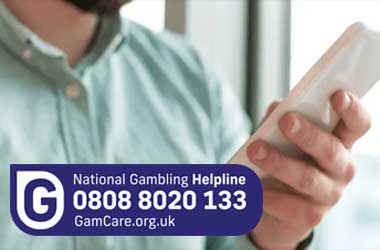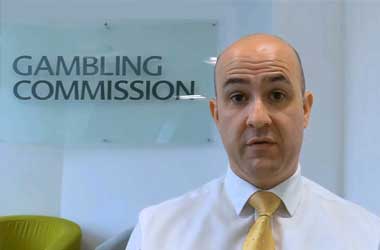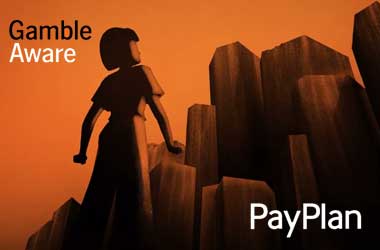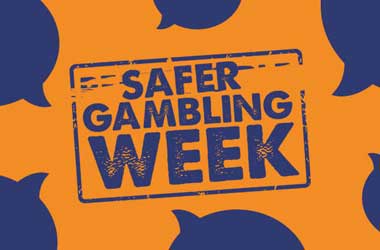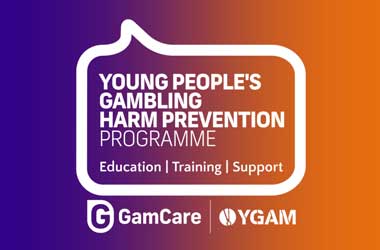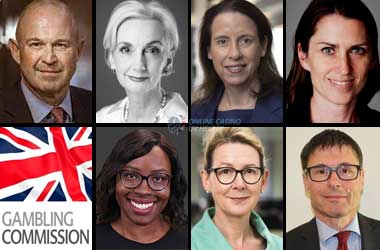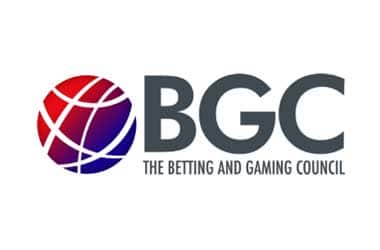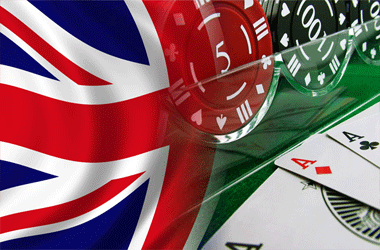
- Gambling activity has increased across the UK, but problem gambling remains stable
- Gambling remains more popular among men
- Groups call on the government to do more to address problem gambling
A recent telephone survey conducted by Yonder Consulting for the UK Gambling Commission (UKGC) found that 43.3% of UK residents took part in at least one form of gambling over the last four weeks, up from the same period last year. The survey covered 4,018 respondents aged over 16.
Participation in gambling activity across the UK has increased from last year, but there’s been no significant change in the rate of problem gambling in the country.
Gambling is still more popular among men than women, with males within the 45-54 age group the most likely to gamble.
In-person gambling participation rose to 26%, an increase of 3% from 2021. This is not surprising at all given the influx of players who are now returning to casinos and other gambling venues after the COVID lockdowns in 2020. Online gambling accounted for 25.7%, maintaining an upward trend.
Of those surveyed, 27.2% said they’ve played the National Lottery, while 7.2% have used scratch cards. Some are also playing online slots (3.4%).
Meanwhile, despite the rise in gambling participation, the rate of problem gambling has remained virtually unchanged at 0.2%, with the low-risk and moderate rates also remaining stable at 1.4% and 0.9% respectively.
Government Should Do More
While the latest problem gambling figure is technically down compared to the 0.3% recorded in the previous edition of the survey conducted in September 2021, the UKGC noted that the difference was statistically insignificant. This means that the government still needs to do more to tackle problem gambling and put pressure on the industry to do its part in protecting consumers from gambling addiction.
GambleAware, which provides problem gambling prevention and treatment services across the UK, has reiterated its calls on the government to act promptly or more families would suffer. The organization is proposing a mandatory 1% levy on gross gambling yield (GGY) on gambling operators as a condition of license. That’s on top of existing gambling taxes being paid by the industry.
The one positive with the survey results is that there has been no significant increase in problem gambling numbers in the UK.
